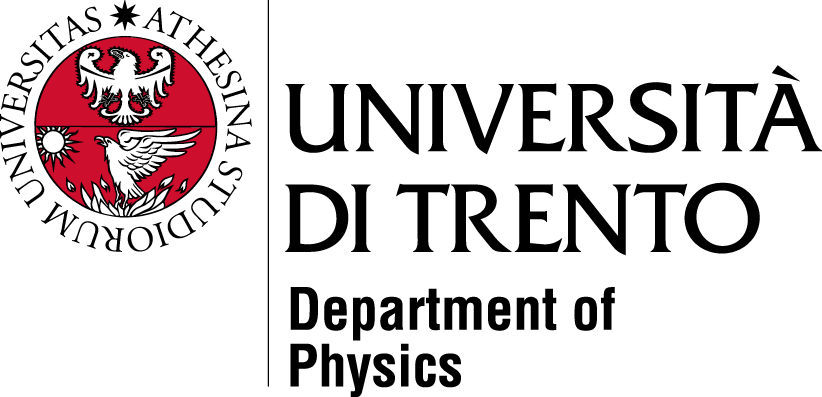A Quantum of Matter
Research Development of breakthrough Redox Flow Batteries
Wednesday December 7, 2022 – 14.30
Aula B107 – Polo Ferrari (Povo 2), Povo
Redox flow batteries (RFBs) are a promising electrochemical energy storage technology that can be used to improve the ability of the grid to accommodate the intermittent nature of renewables thus promoting the energy transition. Compared to other battery systems, RFBs offer a unique feature of decoupled energy and power that allows tailoring the system for the desired application. Moreover, RFBs can potentially be low-cost and sustainable because they reach a very high number of cycles and can be based on earth-abundant and environmentally friendly materials. This technology is, however, not mature yet and substantial RD efforts are required to bring it to the industrialization level. Green Energy Storage (GES) is a small medium enterprise focused on the development of innovative RFB technologies. As such, GES RD is working at the interface between physics and chemistry on the optimization of electrodes, catalysts and membranes,
the development of innovative electrolyte formulations, and the discovery of novel electroactive materials.
The latter challenge is being addressed by taking advantage of cutting-edge computational chemistry techniques, with particular regard to the design of organic-based electrolytes. In fact, the chemistry of organic electrolytes allows to develop high-performance RFBs by maximizing properties such as solubility and redox potential through the engineering of the molecular structures. In the first part of the seminar, we will provide an overview of the different experimental research topics for the development of RFBs, focusing on the main results obtained by GES in the last months and on the open challenges that need to be tackled. The second part of the seminar will explore how existing computational chemistry techniques are being exploited in an industrial context for the prediction of the redox potential of organic electrolytes and the discovery of novel chemistries to be used as RFB redox couples. Moreover, we will address the current limitations affecting these techniques, which still prevent their widespread adoption in the industry.
About the speakers:
Mattia F. Palermo, Master’s degree in Industrial Chemistry at the University of Bologna, earns a Ph.D. in computational chemistry at the Department of Industrial Chemistry, University of Bologna, with a thesis on the modeling of liquid crystals through means of molecular dynamics simulations. Postdoc at the same department until 2016, he continues his professional career in the field of industrial coatings as an RD chemist at Sherwin-Williams Italy. He takes on the role of Computational Chemistry Team Leader at GES since 2021.
Zakaria El Koura studied Experimental Physics at the University of Trento and completed his PhD with a thesis on the development of photocatalysts based on earth abundant and biocompatible materials for the production of hydrogen by solar water splitting in photoelectrochemical cells. After 6 years of experience in a biomedical company, he joined GES as Team Leader of Electrodes and Catalysts RD group.

